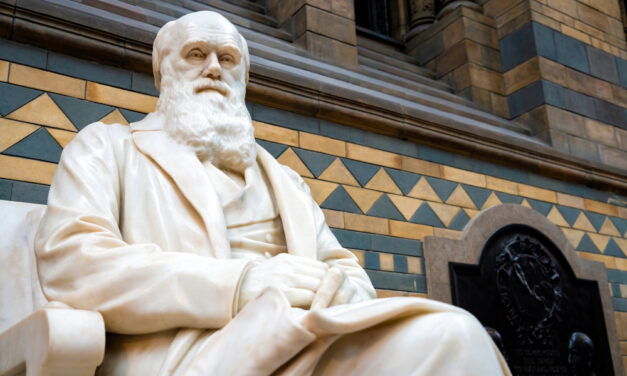Beyond the Brain
An introduction to the “embodied mind” perspective that is changing the way we think about what it means to be human. This article tells the story of how I stumbled across it, what it tells us, and how it came to be developed.
Read More




